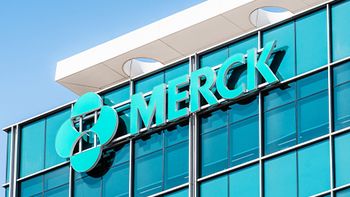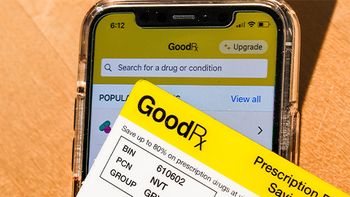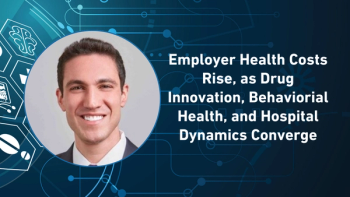
Cargo theft of pharmaceuticals continues to fall in the US
Risk in other parts of the world remain higher and may be rising
Cargo theft—usually, hijacking the trailers involved in ground transportation, but also warehouse intrusions and last-mile stickups of store deliveries—is a constant worry of transportation managers, including those in healthcare products. The Pharmaceutical Cargo Security Coalition (PCSC;
Also at the meeting, Douglas Liptak, senior manager, brand protection at Sanofi-Aventis (Bridgewater, NJ) announced that a National Biopharmaceutical Security Council has been revitalized. NBSC existed, under a different name, years ago but was all but disbanded in the early 2000s. The group will have representation from interested pharma and biotech brand-protection managers; about 20 are already on board, says Liptak. A new website, NBSConline.org, is to open shortly. The group will focus on both theft and counterfeit issues, but what it will do as compared to the existing PCSC, and another industry group, the Pharmaceutical Security Institute (psi-inc.org), remains to be seen.
Forsaith says that the singlemost important cargo security measure, based on incident reports from the past year, is having dual-team drivers so that vehicles are never left unattended. Meanwhile, the group is tracking incidents in other parts of the world: Mexico, Brazil and Italy are current hot spots. Cargo theft—a problem for any industry that moves physical goods—has
Newsletter
Stay ahead in the life sciences industry with Pharmaceutical Commerce, the latest news, trends, and strategies in drug distribution, commercialization, and market access.




